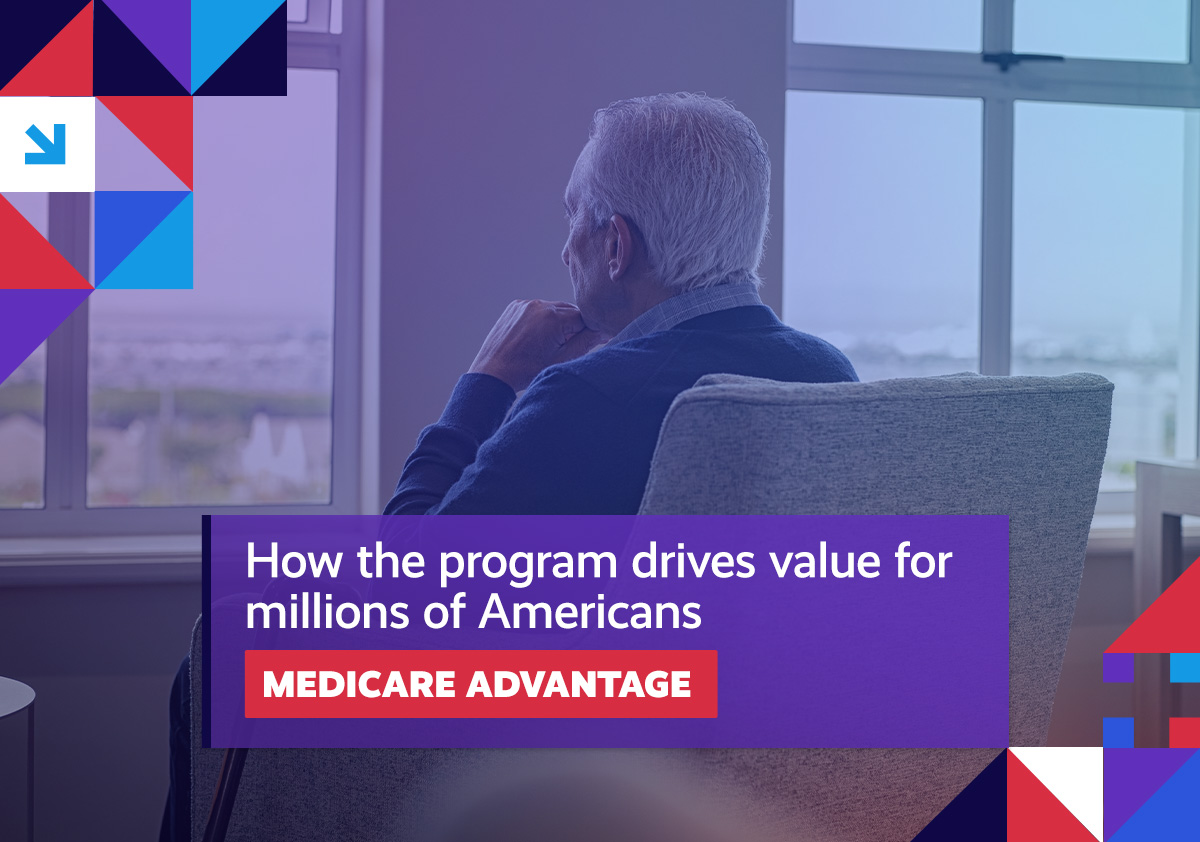A quick roundup of the issues driving the healthcare reform conversation.

Week in Review
CONSOLIDATION Hospital mergers have far-reaching impacts in their communities.
Quick takeaway: A new study details the link between hospital consolidation and layoffs.
Digging deeper: From 2002 to 2020, over 1,000 hospital mergers happened in the U.S. These led to a decrease in care quality and an increase in prices.
According to this new analysis, around 40 percent of hospitals increased prices by more than 5 percent in the two years following a merger. What’s more, after those transactions closed, communities cut more than 200 healthcare and non-healthcare jobs. The affected communities also saw a drop in federal income tax revenue, while payments for unemployment insurance increased 2.5 percent.
What it means: With the pace of hospital consolidation continuing to gain steam, there’s pervasive worry about the impact that these deals are having on patient access, quality, and costs.
SITE-NEUTRAL Support grows for site-neutral payments.
Quick takeaway: A pair of bipartisan voices argues why Congress should enact site-neutral payment reforms.
Digging deeper: When a free-standing physician office is acquired by a hospital, the prices for the medical services delivered at that location often go up, simply because they’re now part of that larger hospital system.
Recently, two former Department of Health and Human Services (HHS) Secretaries came together to urge lawmakers to cross party lines to advance reforms protecting consumers from this kind of dishonest billing.
What it means: With bills in both the U.S. House of Representatives (the Facilitating Accountability in Reimbursements (FAIR) Act) and the U.S. Senate (the Site-based Invoicing and Transparency Enhancement (SITE) Act), lawmakers continue to focus on ways to address the issue.
MA OUTPERFORMS Medicare Advantage drives better value for beneficiaries than original Medicare.
Quick takeaway: Across a range of health measures, Medicare Advantage (MA) delivers better outcomes for seniors enrolled in MA plans, while saving them money.
Digging deeper: A new report reveals that the MA program outperformed Medicare Fee-for-Service (FFS) in 9 out of 10 quality measures. MA plans did a superior job of screening beneficiaries for cancer and was more efficient than FFS in preventive care for various health conditions, including cardiovascular disease and diabetes.
Furthermore, MA has also been shown to save them money, with beneficiaries spending an average of $2,541 less per year on premiums and out-of-pocket expenses, which carries more weight as seniors’ healthcare costs continue to rise.
What it means: With MA plans now serving more than 33 million Americans (over half of the Medicare-eligible population), the program continues to distinguish itself from FFS.
Rx INFLATION Prescription drug prices to keep going up next year.
Quick takeaway: Experts project that the overall rate of drug price inflation is going to hit 3.81 percent in 2025.
Digging deeper: The projected increase is partly due to previously approved drugs like semaglutide, now more commonly used to treat obesity, which has seen its spend increase 77 percent since last year’s report.
The analysis also warns that a growing number of high-cost cell and gene therapies entering the market will significantly impact budgets.
What it means: Against this backdrop, stakeholders continue to remind lawmakers and regulators that the root causes of high drug prices remain the drug industry’s egregious pricing practices and anti-competitive tactics.
Spotlight
| You can keep up with the latest by following the Health Action Network on X and by liking us on Facebook. And, be sure to check us out on LinkedIn, too. As always, let us know if there’s something you’d like to see covered in a future newsletter. |
The Health Action Network includes everyday Americans—families, workers, businesses, patients, providers, neighbors, and friends. We are working together because we support market-based solutions that offer better healthcare choices and help build a stronger economy. The Health Action Network is an Elevance Health, Inc., initiative.

